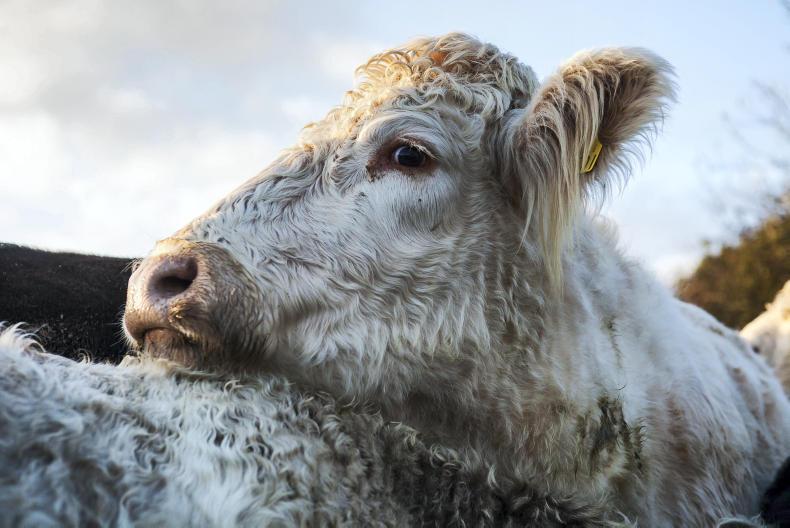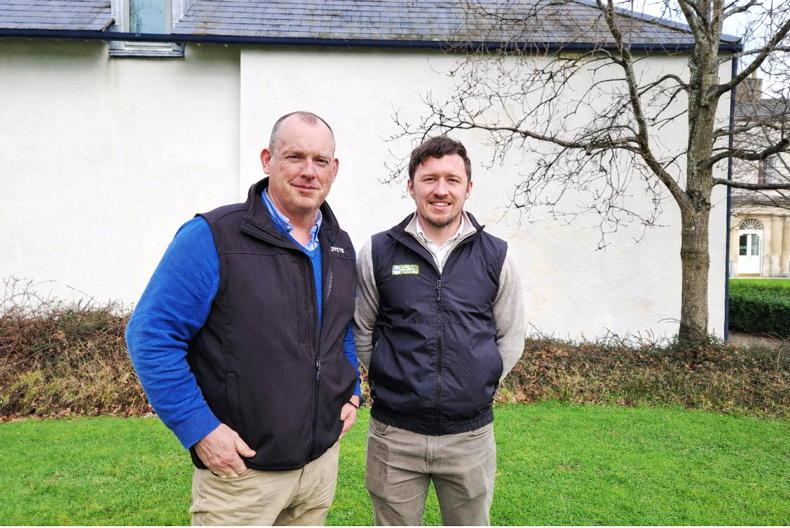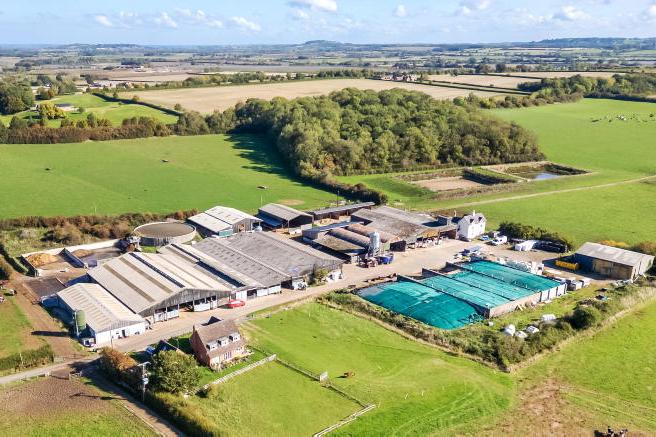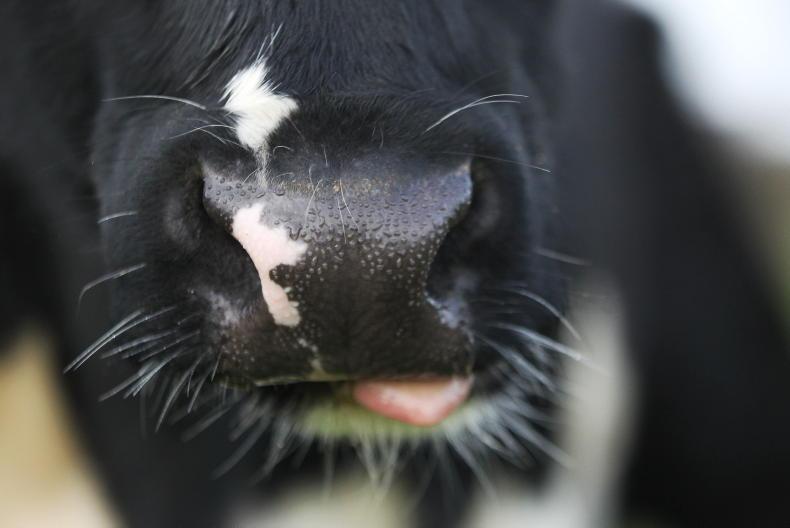Matt Smith, Redhills, Co Cavan
“It’s the worst weather I’ve experienced since 1974. I’m managing my silage so I should have enough to the 20 May. Most people in Cavan, Monaghan and Leitrim would be geared up for a full six-month winter but this year is very unusual in that there was a lot of silage not picked up last autumn.
“I’m feeding an awful lot of meal and dairy nuts. But grass is non-existent and I can’t see the cows going out sooner than the middle of May.”
Michael Gottstein, Teagasc, Macroom, Co Cork
The head of sheep knowledge transfer programme in Teagasc based in Macroom, Co Cork, said: “Things are rough enough in this part of the country. Daily grass growth is in single figures, it would have been better in January and February last year. If all the stock is turned out there probably would be enough for around four to seven days.
“Magic day is usually around the middle of March but this year it is at least 10 days away.
“The advice we’re giving farmers is to supplement grass with meal to allow grass to catch up and to get fertiliser out as soon as possible, but don’t spread it in puddles.”
Aidan Murray, Teagasc beef specialist
The Teagasc man based in Ballybofey, Co Donegal, said: “The uptake for the fodder scheme has been slow, although I see a lot of fodder on the move, with private deals being done. Straw is being cut back on, which is a worry for bedding. Also, lads aren’t stretching silage with straw, which is causing problems with calving.
“It’s already a highly stressful time on farms but the extra feed and health problems are adding to things. There is a lot of pressure on cashflow and farmers are spending more time working, which adds to stress levels.”
Austin Flavin, Waterford
The B+T livestock specialist said: “Fodder and grass growth are the biggest problems lads are facing. Lads are nearly at the back wall of the silage pit. Farmers with surplus silage are being cleaned out. I was talking to two lads recently. One had a pit and a half of silage and the other had 450 surplus bales for sale. They both sold extremely quickly.
“Grass growth is very poor compared with last year, with growth rates 5 to 10kg compared 25 to 35kg on a normal year.”
Lorcan Dooley, Teagasc, Thurles, Tipperary
The Teagasc man said: “Grass growth is non-existent. On the ground most lads have one- to two-weeks’ worth of silage left although there is fodder to be gotten around the area. On average farms have between 30-50% of ground grazed.
“From a mental health point of view, lads are definitely under more pressure than usual and it feels like everything is going against them. Cows bulling indoors is turning out to be a problem as we’ve seen a spike in hip injuries and leg breaks in cows, slipping on concrete.”
Martin Murphy, sheep farmer, Galway
Tuesday 3 April was the worst morning of the year to date this year, Martin Murphy, sheep farmer and Galway IFA second representative, told the Irish Farmers Journal.
“The last 48 hours have been mayhem. It’s the worst 48 hours we’ve had this winter. It’s really brought it home. I can’t leave the shed here this morning, it’s just bucketing down.
“The mental anguish of it is terrible. People are at their limits. It’s absolutely unreal.”
Joe O’Reilly, Kilbeggan, Westmeath
“Silage stocks are running low. We have only seven to 10 days left of it. The cows are in and out like yoyos. It’s impossible to get them out.
“From Sunday night until Tuesday morning there was non-stop rain. The ground is absolutely saturated. We’re hoping for a turnaround in the next week. We’re feeding the cows 5kg of meal in the parlour and 3kg of beet pulp nuts on silage around 9pm at night.”
Colm Doran, Teagasc, Gorey, Co Wexford
“At the minute farmers have been making their own local arrangements. Farmers who have been selling spare silage are holding on to what they have at this stage. A few of the Macamore dairy discussion group have had cows in since October. But it is a six month winter and there’s only so much planning you can do for that. We’re coming in to breeding now with low covers. We’re holding a fodder clinic in the office on Friday for people to come in, ask the questions and talk to neighbouring farmers.”









SHARING OPTIONS